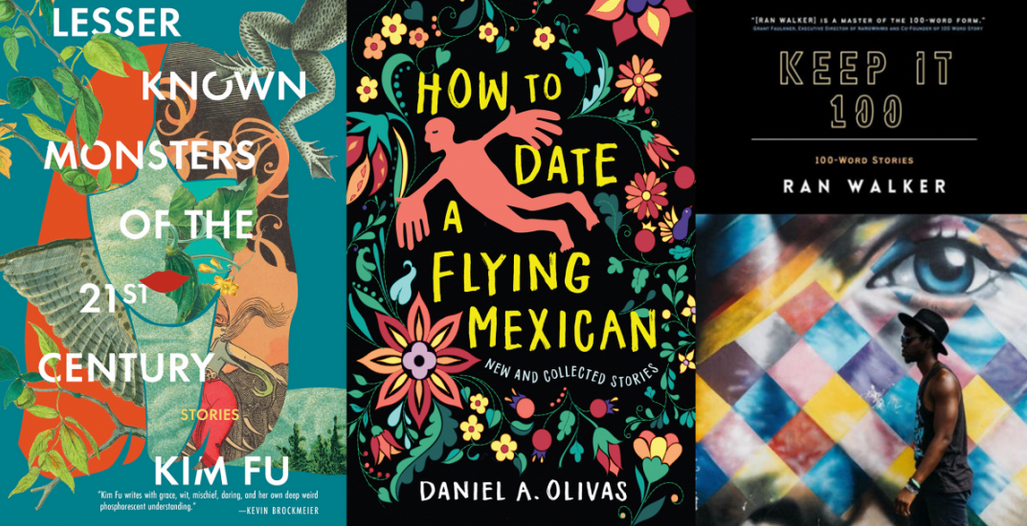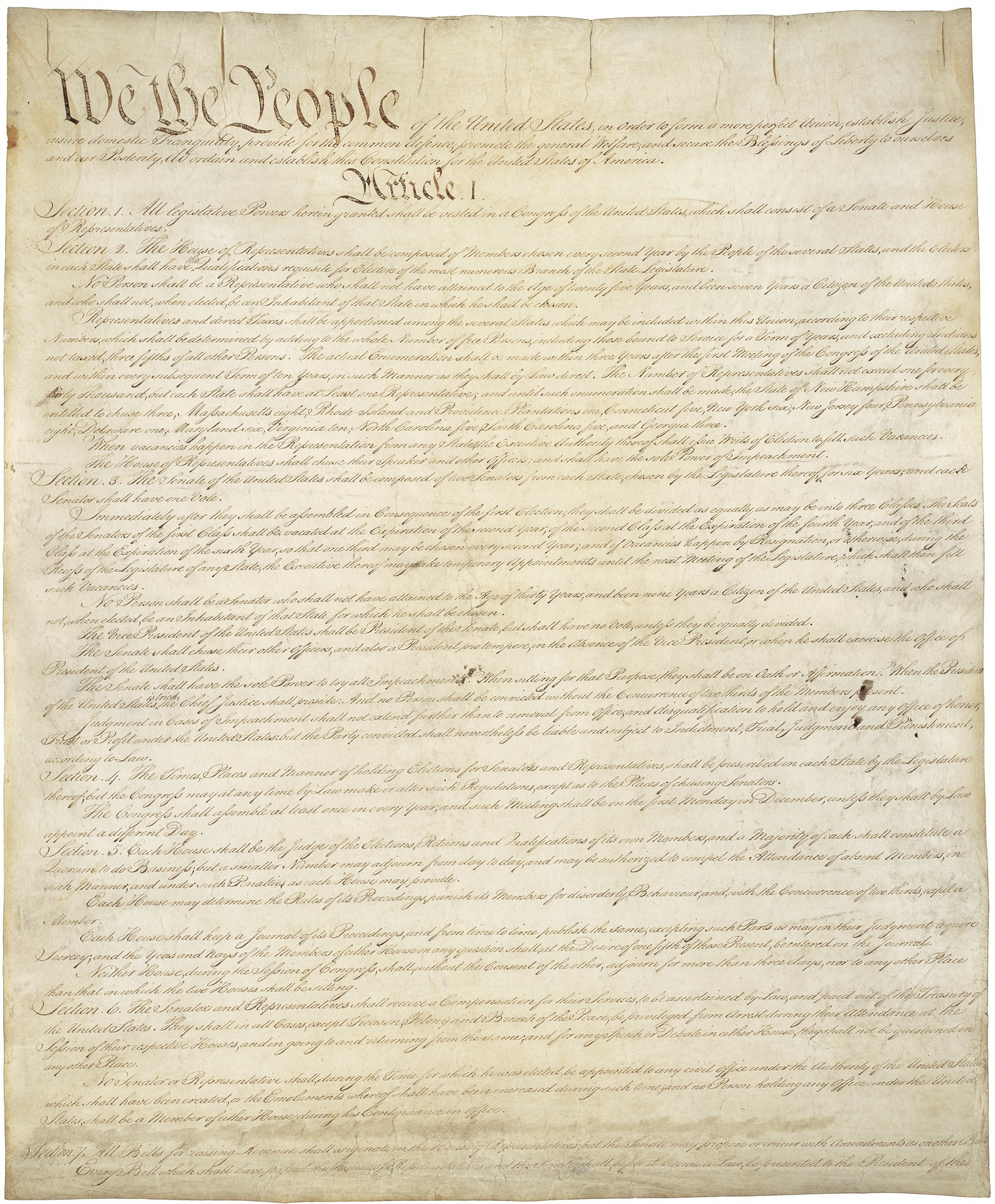
Power of the Small: Writing Microfiction and Short Stories
The Virginia Festival of the Book presented “Keep it Concise: Microfiction & Short Stories,” a discussion about the art of writing short stories on March 16 from 6-7 p.m. over Zoom. The event hosted three authors who talked about their new books and the craft of writing short stories.
The authors included Kim Fu, a Canadian author. She published her fourth book this year called Lesser Known Monsters of the 21st Century, a collection of short stories. Fu said her book has genre-bending pieces with each story including a monster, either fantastical or extremely human in nature.
Another author Daniel A. Olivas talked about his tenth book called How to Date a Flying Mexican, which is also a collection of short stories. The book has a variety of different types of short stories with themes that explore Mexican culture.
The last author to talk in the discussion was Ran Walker, who wrote Keep It 100: 100-Word Stories, which he published in 2021. He has published 25 books since 2012. In this book there are 100 short stories, each exactly 100 words long. This is a type of fiction called a drabble where writers must write a piece of prose in exactly 100 words. This form of writing is meant to experiment with the writer’s conciseness while keeping power and importance within the piece.
After introducing themselves, each author read an excerpt from one of their short stories or, in Walker’s case, a couple of the stories since they were so short. They then delved into questions about short fiction.
Walker said that he started out writing novels and longer works but he was motivated to turn to short stories because, “I got tired of writing things that were much longer than I really felt they should be.” He said, “I felt like I was really forcing a lot of the story out.” Instead, he wanted to be more like a poet but with prose.
“When it comes to actually writing stories, I feel more like a kite,” Walker said when comparing his writing process now that he writes short fiction. He said, “It’s just resting and then when the wind blows or the muse hits then I start to take flight.”
Fu agreed and said that any writing, both long and short, is about selection. She asks herself what is important and what is not to a story. She said that to start writing short fiction the best way to get into it is to read a lot of short fiction thoughtfully. “Develop your own taste,” she said.
“First drafts, I am trying to focus on story and character,” said Fu. She does not focus on specific themes. She also said, “Literature in general is uniquely suited to be inhabiting other people and expanding your sense of the world.”
Olivas said the world seen all around is not all there is to work with. Writing can explore deep concepts like love, sexism, and culture. He takes inspiration from his youth within Mexican culture and dives into different ideas. He said that magical realism can bridge the gap between what is seen and what is not.
“Keep it Concise: Microfiction & Short Stories” and other events can be found at https://www.vabook.org/by-type/recaps/ where people can watch the recordings of past events. Events from past years are also available to watch and learn from there as well.
“There is a true art to short fiction … [In] a beautiful perfectly balanced short story every sentence matters: every word matters,” said Olivas.







